Your cart is currently empty!
C1: Medical Knowledge

Medical Knowledge competency refers to the foundational understanding and mastery of the scientific principles, concepts, and facts that are essential for a medical professional. This competency is one of the core components of medical education, providing students with a solid knowledge base to diagnose, treat, and manage various medical conditions effectively.
Key aspects of Medical Knowledge competency include:
- Basic Sciences: Medical students are introduced to essential disciplines like anatomy, physiology, biochemistry, pharmacology, and pathology. Understanding these fundamental sciences forms the basis for comprehending the human body’s normal structure and function and the mechanisms of disease.
- Clinical Sciences: As students progress through medical school, they learn clinical aspects of medicine, including internal medicine, pediatrics, surgery, obstetrics and gynecology, psychiatry, and more. This knowledge helps in diagnosing and managing different medical conditions across various patient populations.
- Evidence-Based Medicine: Medical professionals must learn to critically appraise medical literature and research studies to make informed decisions about patient care. This involves understanding study designs, statistical analysis, and the principles of evidence-based practice.
- Diagnostic Skills: Developing proficiency in interpreting medical tests and diagnostic imaging, such as X-rays, CT scans, MRIs, and laboratory results. Accurate diagnosis is crucial for formulating appropriate treatment plans.
- Pharmacology: Understanding the principles of drug action, drug interactions, and pharmacokinetics/pharmacodynamics. Knowledge of medications is essential for prescribing the right drugs and ensuring patient safety.
- Clinical Guidelines: Familiarity with clinical practice guidelines and standards of care for different medical conditions. Following evidence-based guidelines helps ensure consistency and quality in patient management.
- Public Health and Preventive Medicine: Understanding the principles of public health, epidemiology, and disease prevention. This knowledge allows physicians to address population health concerns and promote preventive measures.
- Continuing Education: Medical knowledge is continuously evolving. Physicians must engage in lifelong learning to stay updated with the latest medical advancements and best practices.
Medical Knowledge competency is typically assessed through written examinations, clinical assessments, and standardized tests like the United States Medical Licensing Examination (USMLE) or other national medical licensing exams in different countries.
As medical professionals progress in their careers, they continuously build upon this competency, integrating new research and discoveries into their clinical practice to provide the best possible care for their patients.
Discover more from mymedschool.org
Subscribe to get the latest posts sent to your email.

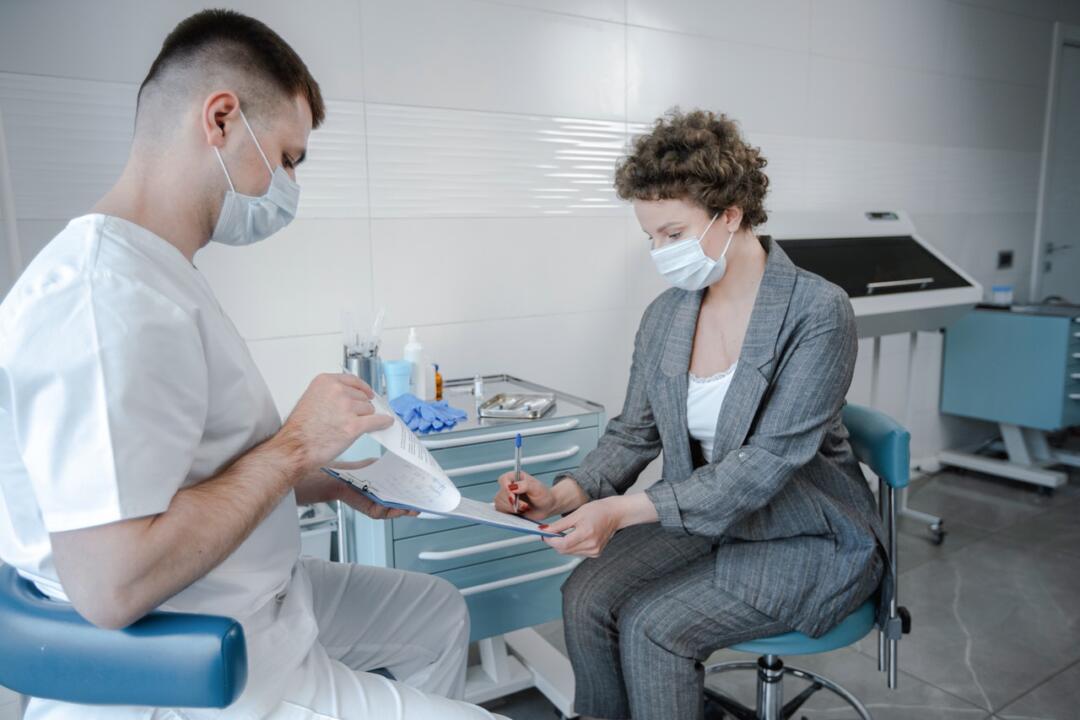
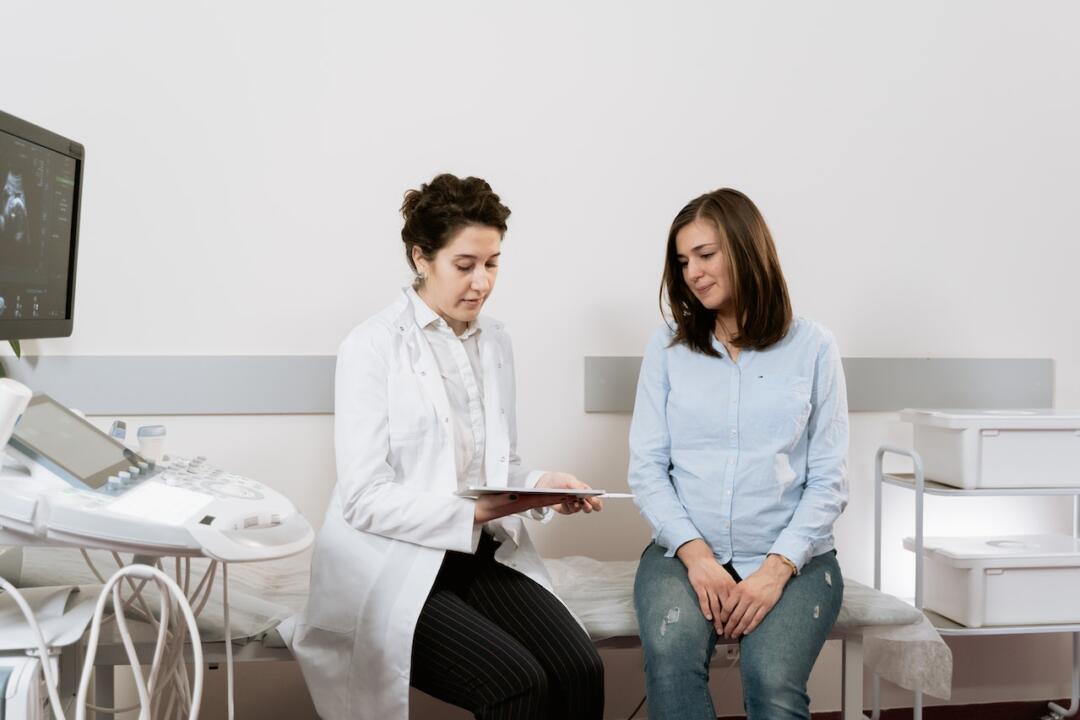
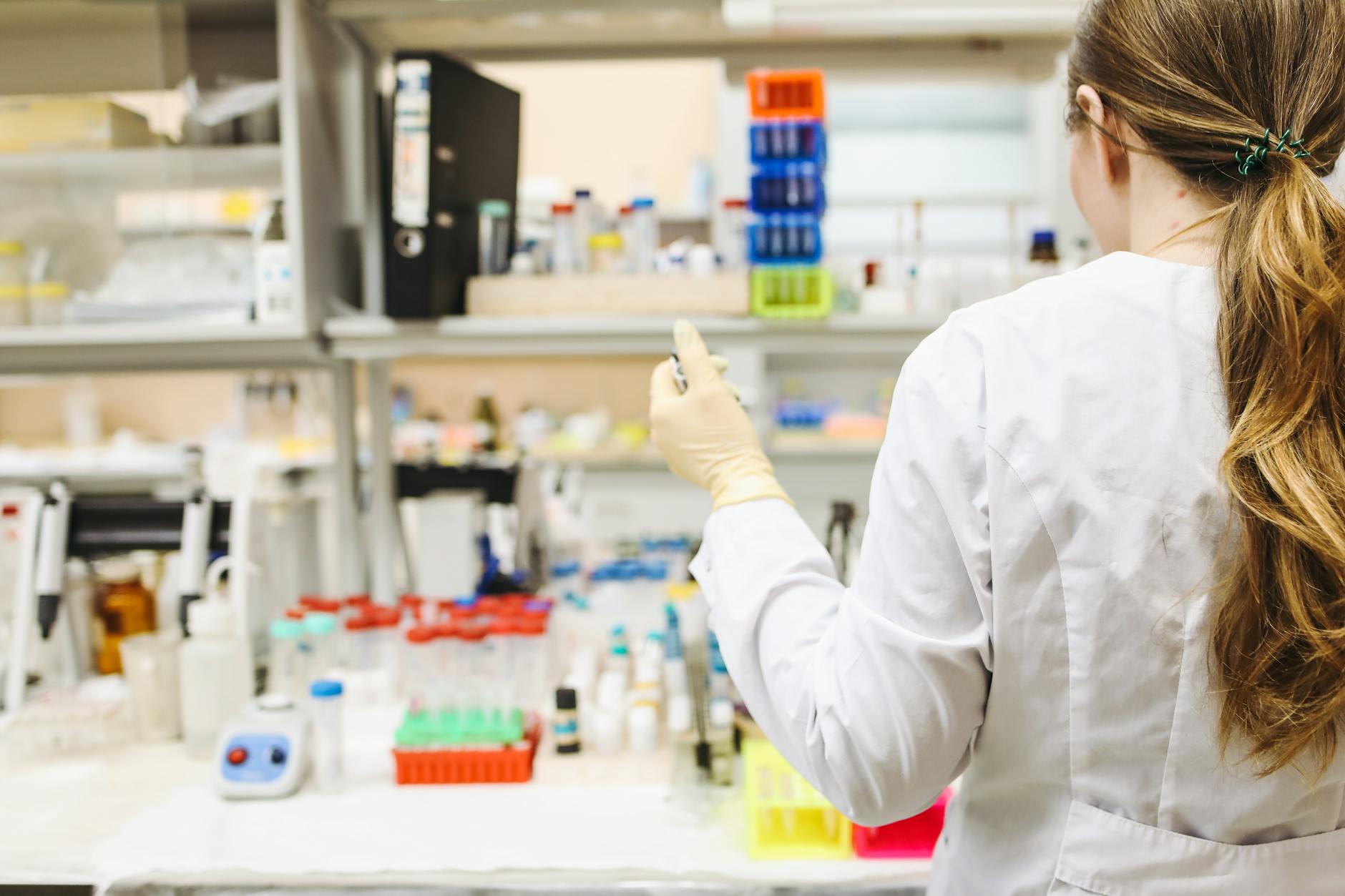
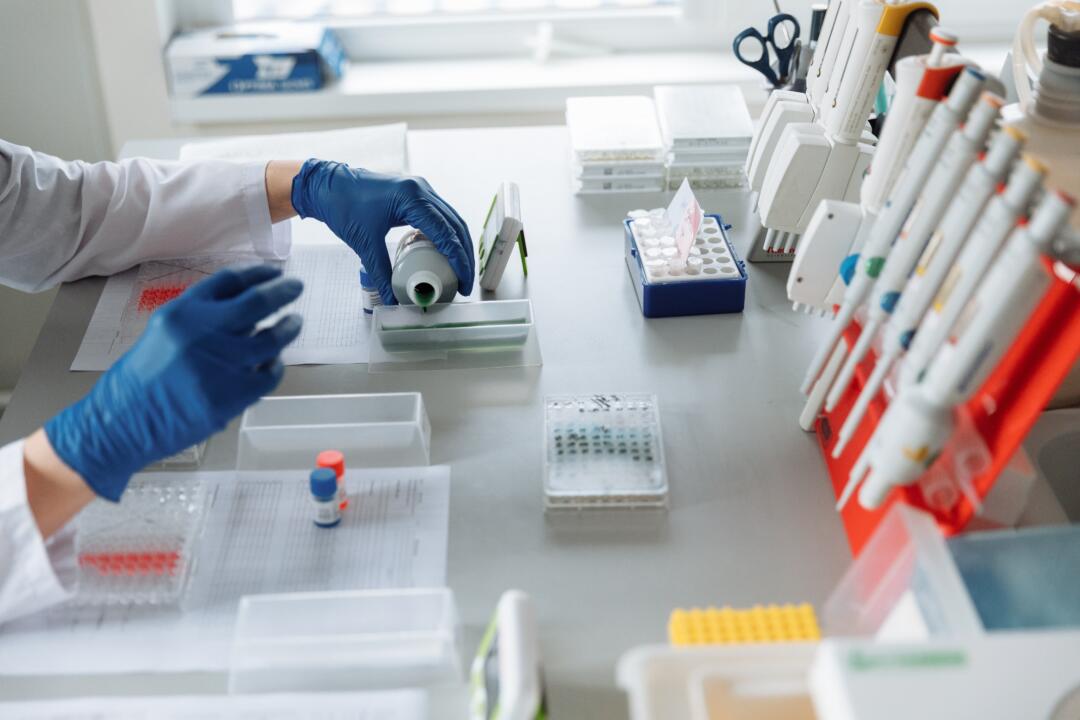
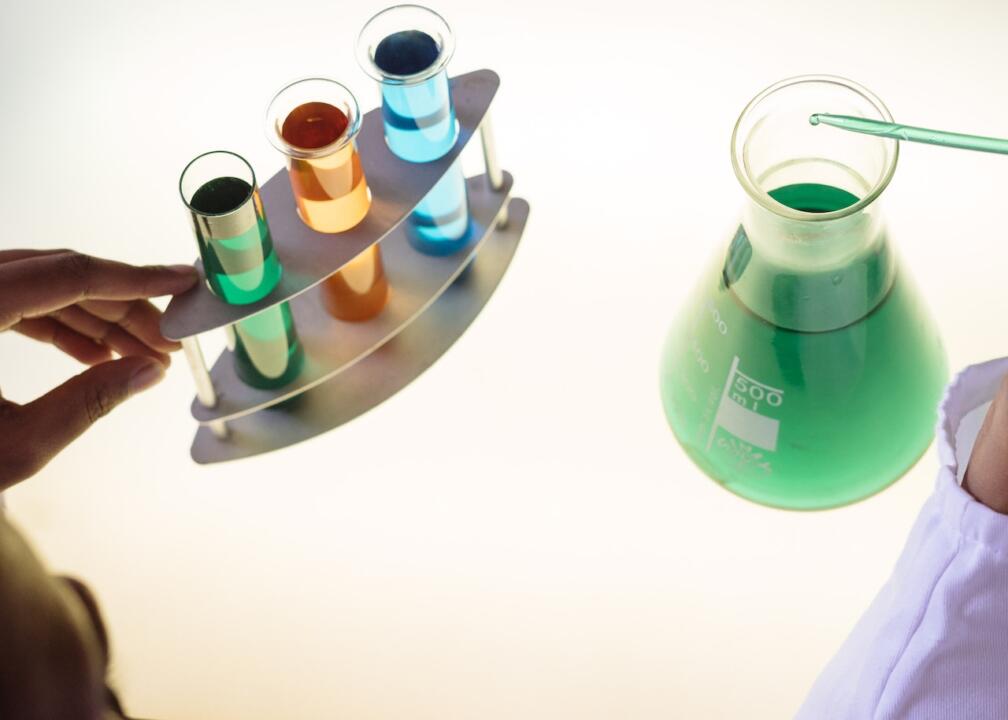
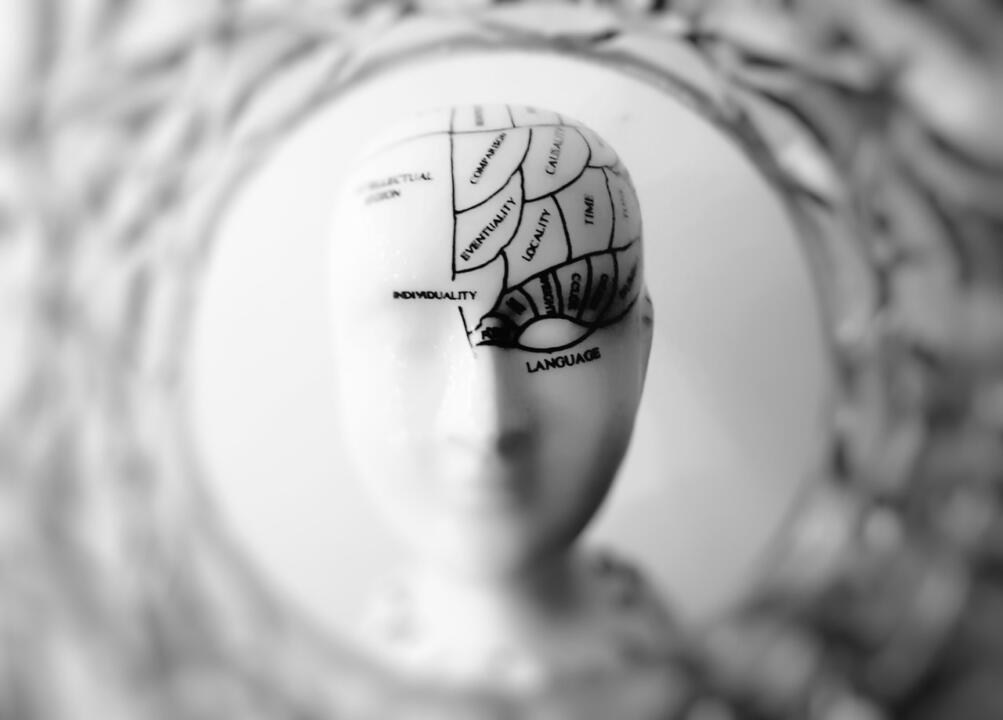
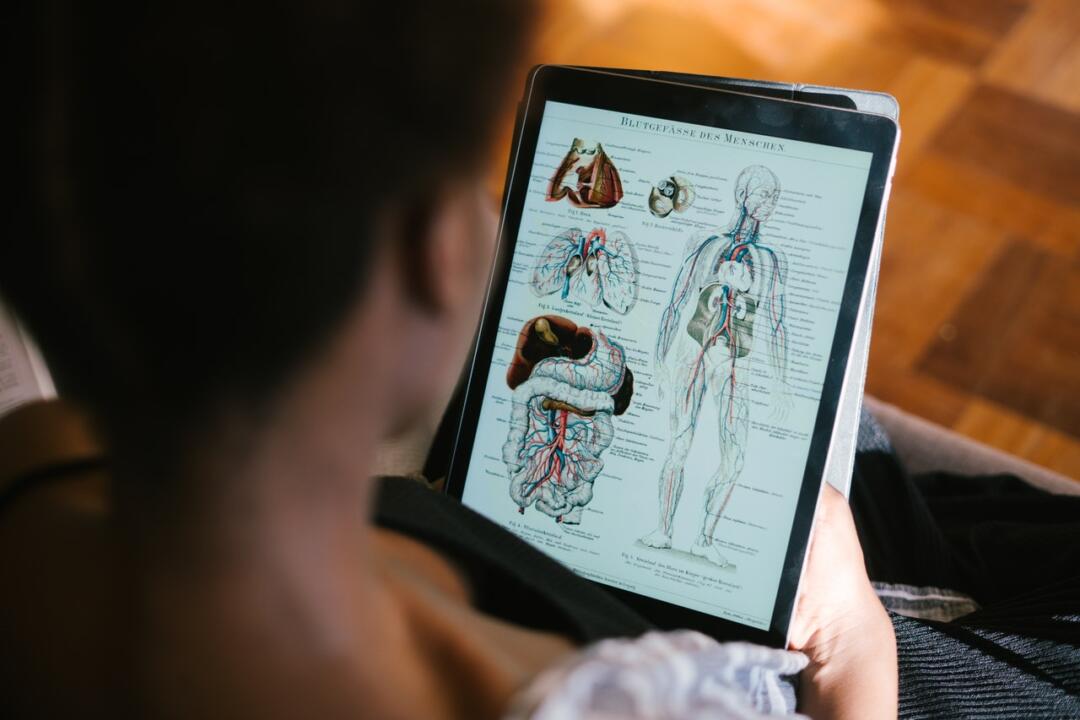

Comments
One response to “C1: Medical Knowledge”
[…] “C1” Medical Knowledge […]